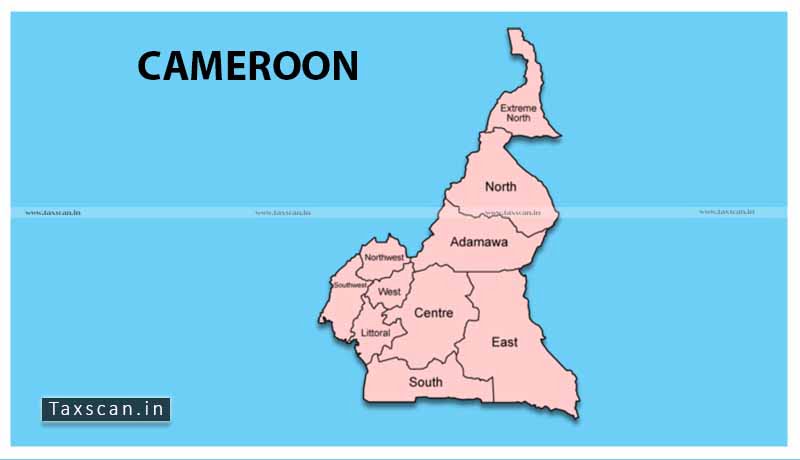Key Highlights of Finance Law 2020 of the Republic of Cameroon

Cameroon – Republic – Finance Law – Taxscan
Cameroon – Republic – Finance Law – Taxscan
On 24th December 2019, the Republic of Cameroon published the Finance Law that included VAT requirements for E-commerce, new transfer pricing rules, incentives for the rehabilitation of disaster areas and other measures for the year 2020. The main among all are mentioned below:
VAT requirements for E-commerce
Under the new measure, goods and services sold in Cameroon through any e-commerce platforms and the commission received by the e-commerce platform operators for carrying out the sales will fall within the scope of taxable transactions for VAT purposes.
The e-commerce platform providers and operators will have to register for VAT online through the tax administration internet portal.
Transfer Pricing Rules
Under the new transfer pricing return requirements, the annual return on transfer pricing has to be submitted by the enterprises which include an entity that manages giant entities that control or are being controlled by other undertakings.
The return should include:
- Description of the activities carries out in the entity
- The description of the transfer pricing policy of the group
- A statement detailing holdings in Cameroonian or foreign countries
- Details of intangible assets held by the group and the corporate name of the company along with its territory of residence to aid tax purposes.
- A statement detailing loans and borrowings contacted with the enterprises
- A summarized statement of transactions with the affiliated enterprises including the ones subject to prevailing transfer pricing agreements
For the enterprises that hold 25% of the shareholding either directly or through a proxy, of the share capital of other entity is deemed to have control relationships existing between them.
Incentives for the Rehabilitation of Disaster Areas
Certain incentives will be provided for the companies that make investments in an economically disaster area which includes:
- For the installation phase ( first three years): exemption from business license tax, VAT on goods and services purchased, registration fee relating to property transfer relating to the project, customs duties on the equipment for the project and from property taxes on the buildings used for the project.
- For the first 7 years: All of the exemptions at the installation phase plus exemption from company tax, taxes on salaries paid to staff and a 5% reduction in customs duty.
Other measures
Other measures to be noted are:
- Changes relating to export and import duties
- Head office overhead expenses relating to the operations in Cameroon and remuneration of certain services provided to firms in Cameroon republic by the corporates are allowed as deductible expenses for the computation of taxable profit.


